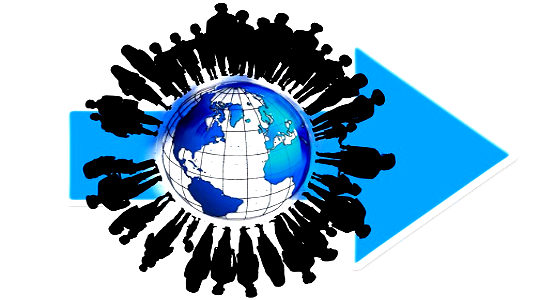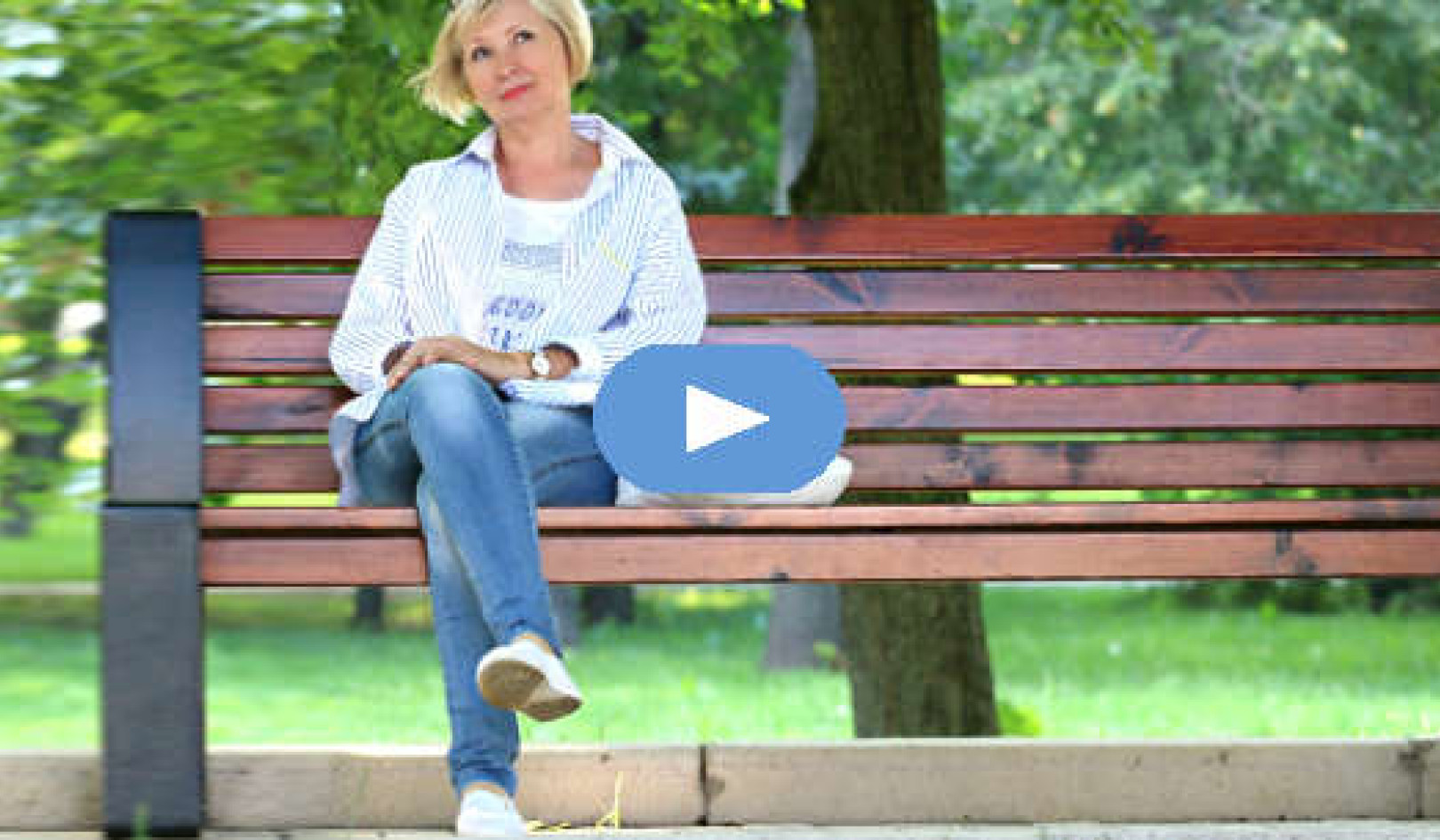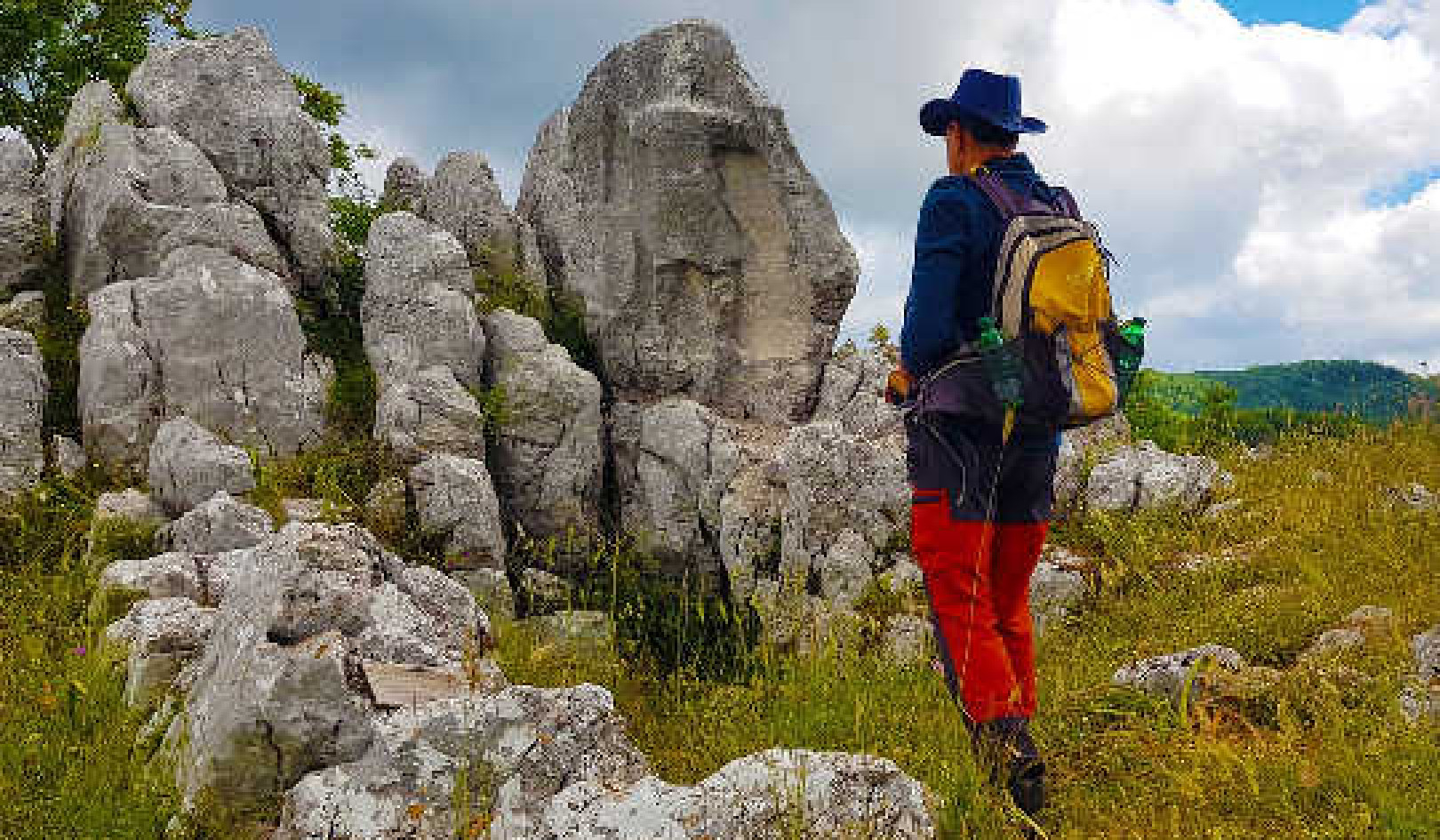
The wise learn from adversity;
the foolish repeat it.
— PROVERB
Earth is a perfect school, and daily life is the classroom. This idea is hardly new, but what follows will help you appreciate the full value of your life experience. And once this central premise penetrates your psyche, you’ll stop seeking and start trusting — because you’ll confront a higher truth: You aren’t here on Earth merely to strive for success; you’re here to learn — and daily life is guaranteed to teach you all you need in order to grow, and evolve, and awaken to your higher purpose here.
You are evolving even now — and there is no way to fail as long as you continue to learn. Like a stone slowly polished by the river’s flow, we’re shaped over time by the currents of life. Daily life, and the journey it represents, will remain your master teacher.
Humanity’s Curriculum
If Earth is a school, what courses do we need to pass in order to graduate? Some years ago, the answer came to me in the form of twelve core subjects — a specific curriculum hidden within (or behind) the activities of everyday life. These subjects include self-worth, discipline, well-being, money, mind, intuition, emotions, courage, self-knowledge, sexuality, love, and service.
In this perfectly designed, fully integrated curriculum, all subjects are equally significant, and all are required. We may be tested in the area of health or money one day and encounter a pop quiz in courage the next.
There are no grades, only pass or fail. A pass indicates progress; a fail provides an opportunity to learn and do better the next time. (So there is no permanent failure, only the need to repeat the course and continue with that line of study.)
Bear in mind that spiritual life begins on the ground, not up in the air — even Olympians start with the basics. As your skills improve in each of these areas, you’ll begin to experience the true meaning of success in the form of higher states of clarity, energy, and action.
As you read the following summary descriptions of the twelve core subjects in life’s curriculum, reflect on your current progress in each, as well as on what improvements are still possible on the path to self- mastery.
1. Foundations of Self-Worth: Getting Out of Your Own Way
Life provides certain opportunities and choices, yet we allow ourselves to receive, achieve, or enjoy such opportunities only to the extent that we believe ourselves deserving or worthy of them. A well-known parable advises, “Ask and you shall receive.” The question is, what are you willing to ask for and strive for?
As Ramakrishna put it, “An ocean of bliss may rain down from the heavens, but if you hold up only a thimble, that is all you receive.” So if we operate on the belief that “beggars can’t be choosers,” then few options appear.
Realizing your innate worth expands your horizons and opens you to a larger life.
2. Roots of Will: The Practice of Self-Discipline
Most of us know the value of regular exercise, good diet, kindness, relaxation, and breaking unhealthy habits. Our greatest single challenge in every area of self-improvement is transforming knowledge into action — turning what we know into what we actually do.
While some of us act without thinking, too many of us think without acting. Willpower isn’t a mysterious force that descends on us from above; rather, it is an innate power within each of us, waiting to be applied. We do so every time we accomplish a task (like taking out the trash or doing the laundry, office work, or schoolwork) despite a lack of motivation. So this subject, which you face daily, calls you to reclaim your will by following through with your goals.
As your skills and understanding improve, you better appreciate that your life will be shaped largely by what you do each day — whether or not you feel like doing it.
3. Well-Being: Approaches to Health and Vitality
Your body forms the foundation of your earthly existence and is the only possession you are guaranteed to keep for a lifetime. Its care and feeding are key to all else. An energized body enhances strength, mental acuity, healing, social interactions, and every other human capacity.
While genetics plays a powerful role in health and longevity, you have wiggle room — it’s called lifestyle or daily choices.
4. Money and Values: Establishing Stability and Sufficiency
Earning, spending, and saving money preoccupy many of us, who spend a good portion of each day working for more of it. But for those of us who have a religious or spiritual interest, money remains suspect — a topic of mixed feelings best expressed by the late boxing champion Joe Louis, who said, “I don’t really like money, but it calms my nerves.”
We eventually learn that money is a form of energy that only makes us more of who we already are — it can bind us or free us, depending on how we manage it. As the Arabic proverb goes, “If you have much, give of your wealth; if you have little, give of your heart.”
5. Exploring the Mind: The Nature of Your Inner World
This subject in the core curriculum helps us to understand the illusory nature of our subjective mind. Lao-tzu advised, “As soon as you have a thought, laugh at it,” because reality is not what we think.
We perceive the world through a window colored by beliefs, interpretations, and associations. We see things not as they are but as we are. Therefore, our schooling aims not to struggle with random thoughts but to transcend them in the present moment, where no thoughts exist, only awareness.
Our mind’s liberation awaits not in some imagined future but here and now.
6. Introduction to Intuition: Accessing Subconscious Guidance
Whispering beneath our everyday awareness is a childlike consciousness — a shaman, a mystic, a weaver of dreams and keeper of instincts. Our subconscious mind (or body-wisdom) holds keys to a treasure-house of intuitive guidance and survival skills. It helps us to make fully informed decisions, and may save lives in times of danger.
Daily life eventually teaches us the value of trusting intuitive messages and, in the words of Zen sword master Taisen Deshimaru, learning “to think with the whole body.”
As we learn to let intuition become reason’s trusted adviser, we integrate reason and faith, building a bridge to wisdom and a new way of sensing our world.
7. The Nature of Feelings: Achieving Emotional Freedom
Emotions play a central role in human life. Behind all seeking is the desire to feel good (happy, content, fulfilled, confident) more of the time — and to feel bad (anxious, sad, angry, fearful) less of the time. Over time, the school of reality teaches us to accept, value, and learn from our emotions without trying to fix or control them — and without letting them determine our behavior.
Life reveals that we have more control over our behavior than we do over transient emotions or thoughts. We learn to ride the shifting tides of emotion like skillful surfers as we grasp the great truth that we don’t need to feel compassionate, peaceful, confident, courageous, happy, or kind — we only need to behave that way.
8. Fundamentals of Courage: Confronting Our Fear
In this subject area we confront the primal emotion of fear, which can lead to paralysis or power, and can end a life or save it. Fear can warn us of genuine danger; it can move us to prepare well, take precautions, or avoid a situation. It can also burden our lives with anxiety or self-doubt.
How many of us avoid opportunities due to fear of the unknown? We may also fear rejection, failure, and even success. In the classroom of daily life, we learn to listen to fear’s counsel when our physical bodies are at risk. But when we experience a more subjective fear of embarrassment, looking foolish, or feeling rejected, we feel the fear but act with courage.
Courage is not the absence of fear but the conquering of it. Heroes feel the same fear as cowards; they just respond differently.
9. Knowing Yourself: Finding Wholeness in the Shadows
In childhood, our power and charm come from authenticity — our actions are undiluted by subterfuge or hidden agendas. But as the years pass, we learn to tell social lies and use pretense to please or placate others while disowning the disapproved-of parts of our psyche. In this way, we create a shadow persona constructed from fragments of our full identity and potential.
As we mature and begin to grasp that we are often the cause of our own difficulties, we begin a process of compassionate self-observation leading to deeper self-knowledge — denial gives way to authenticity as the light of awareness penetrates our shadow. We come to accept ourselves (and others) as we are rather than as we might want ourselves (or them) to be.
As we embrace the full scope of our humanity, we open the way to genuine growth and transformation.
10. Your Sexual Life: Understanding the Pleasure Principle
Our drive for sexual intimacy is as natural as thundershowers or the changing seasons. But if we suppress or exploit our sexual energy, we create obsessions, compulsions, and guilty secrets.
This course of study in the realm of relationship shows us how to observe, accept, enjoy, and channel sexual-creative energy rather than merely indulging or denying it. Our course-work in life includes, but also goes beyond, our physical drives into areas of awareness, balance, trust, openness, honesty, and the courage to achieve true intimacy.
11. The Mastery of Love: Awakening the Heart
We know that the word love can be either a noun or a verb, and that love is something we can feel and also something we can do. Our life experience reveals the evolving nature of love as it changes from an emotion that happens to us, rising and falling out of our control, to an art we can learn — from something we receive to something we give.
As we mature, this practice of love liberates us from dependence on the changing tides of emotion. We gain the capacity to show loving-kindness to others even when we don’t feel like it. This is the power of love and the heart’s education.
12. Service and Meaning: Completing the Circle of Life
We all know that service is a good thing — that serving others lifts us out of exclusive preoccupation with the self and turns our attention out into the world. But service is not only something we do for others; it is also an act of self-transcendence — anything we do without regard to self-interest.
This final course in our schooling provides an essential link that fulfills all the others. Service is a form of yoga, a catalyst of friendship, an affirmation of our common humanity. Even the smallest gesture of self-sacrifice — giving of our time, energy, or attention — shifts our focus from “What’s in it for me?” to “What is for the highest good of all concerned?”
Every service we provide for others represents the fruition of our spiritual maturity, completing both our curriculum and the circle of life. In service we find the master key to a meaningful, purposeful life that connects us to one another, and to our world.
Learning Life's Lessons is the Larger Purpose
Take a few moments to appreciate what you’ve already accomplished in each of the twelve subject areas in Earth’s core curriculum — self-worth, discipline, well-being, money, mind, intuition, emotions, courage, self-knowledge, sexuality, love, and service — all the tests you’ve taken and lessons you’ve learned.
But don’t get so wrapped up in the twelve subjects we’ve covered that you lose sight of the larger purpose — learning life’s lessons — which leads to greater wisdom, perspective, and appreciation for the value and significance of your daily life.
Reprinted with permission of the publisher, HJ Kramer/
New World Library. ©2011, 2016. www.newworldlibrary.com
Article Source
 The Four Purposes of Life: Finding Meaning and Direction in a Changing World
The Four Purposes of Life: Finding Meaning and Direction in a Changing World
by Dan Millman.
Click here for more info and/or to order this book (hardcover) or paperback (2016 reprint edition).
About the Author
 Dan Millman — a former world champion athlete, coach, martial arts instructor, and college professor — is the author of numerous books read by millions of people in twenty-nine languages. He teaches worldwide, and for three decades has influenced people from all walks of life, including leaders in the fields of health, psychology, education, business, politics, sports, entertainment, and the arts. For details: www.peacefulwarrior.com.
Dan Millman — a former world champion athlete, coach, martial arts instructor, and college professor — is the author of numerous books read by millions of people in twenty-nine languages. He teaches worldwide, and for three decades has influenced people from all walks of life, including leaders in the fields of health, psychology, education, business, politics, sports, entertainment, and the arts. For details: www.peacefulwarrior.com.




























